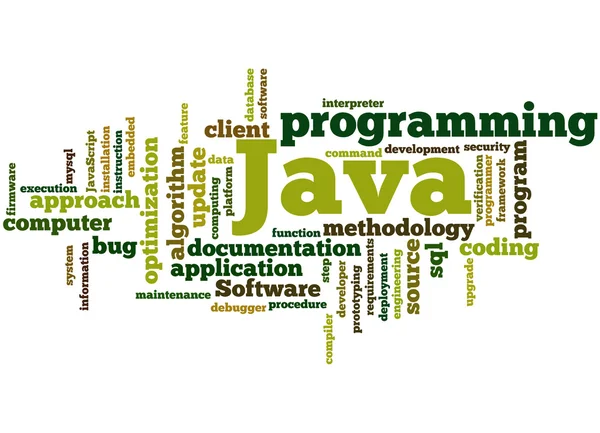Introduction:
Java, since its inception in the mid-1990s, has emerged as a versatile and powerful programming language, significantly influencing the world of software development. Created by James Gosling and his team at Sun Microsystems, Java was designed with the objective of being platform-independent, robust, and easy to use. Over the years, it has evolved into a language that is widely adopted for various applications, from web and mobile development to enterprise-level solutions. In this article, we will explore some key aspects that make Java a preferred choice for modern software development.
- Platform Independence:
One of the defining features of Java is its "Write Once, Run Anywhere" (WORA) capability. Java source code is compiled into an intermediate form called bytecode, which can be executed on any platform with a Java Virtual Machine (JVM). This platform independence allows developers to create applications that can seamlessly run on different operating systems, making Java ideal for cross-platform development. It has played a significant role in the rise of web applications and the proliferation of Android mobile apps.
- Object-Oriented Programming (OOP):
Java is a pure object-oriented programming language, embracing OOP principles such as encapsulation, inheritance, polymorphism, and abstraction. This approach promotes modularity, reusability, and maintainability of code, enabling developers to create well-organized and scalable software solutions. The use of classes and objects facilitates the creation of complex applications with clear separation of concerns, reducing code duplication and improving code quality.
- Rich Standard Library and APIs:
Java comes equipped with an extensive standard library and a vast array of Application Programming Interfaces (APIs). The Java Standard Library offers a wide range of pre-built classes and methods that simplify various tasks, such as handling data structures, networking, file I/O, and graphical user interfaces (GUIs). The availability of these libraries streamlines the development process and allows developers to focus on the core functionality of their applications.
- Strong Community and Support:
Java has garnered a massive community of developers worldwide, resulting in a wealth of resources, tutorials, and open-source projects. The Java community is active and vibrant, continuously contributing to the improvement and evolution of the language. Additionally, Oracle, the current steward of Java, provides regular updates and support, ensuring that Java remains up-to-date and secure.
- Performance and Scalability:
Though Java is often described as an interpreted language, it employs Just-In-Time (JIT) compilation to optimize bytecode into native machine code at runtime. This approach results in respectable performance, especially when combined with modern JVM implementations. Java's ability to handle multi-threading and concurrent programming also makes it an excellent choice for building scalable and high-performance applications, especially in server-side environments.
Conclusion:
Java's versatility, platform independence, object-oriented nature, rich standard library, and strong community support make it a powerful language for modern software development. Whether it's developing web applications, Android apps, enterprise solutions, or cloud-based services, Java continues to be a reliable and sought-after language among developers. Its ability to adapt to new technologies and trends ensures that it will remain a key player in the software development landscape for years to come.


